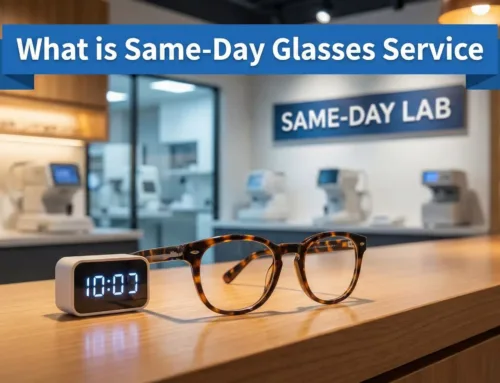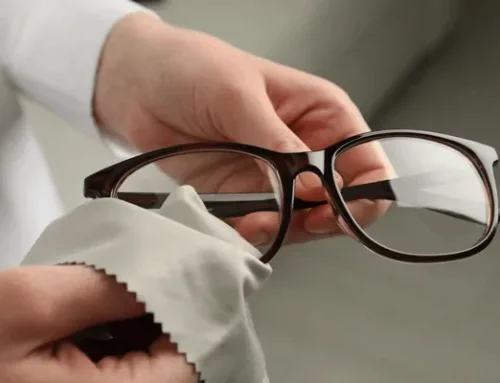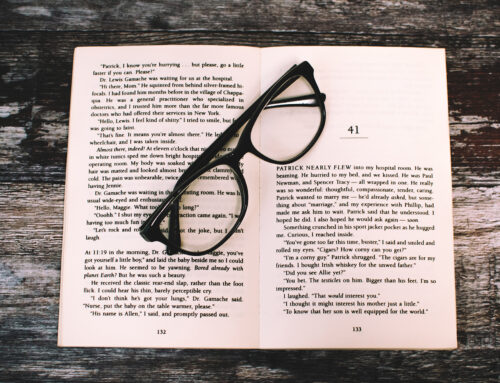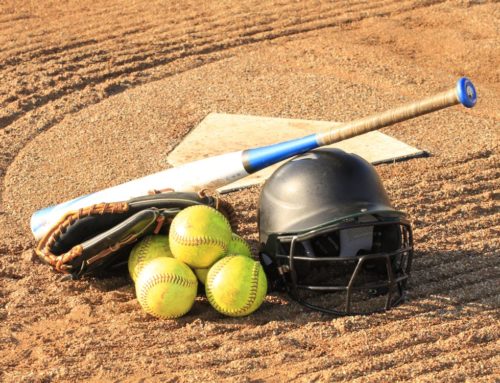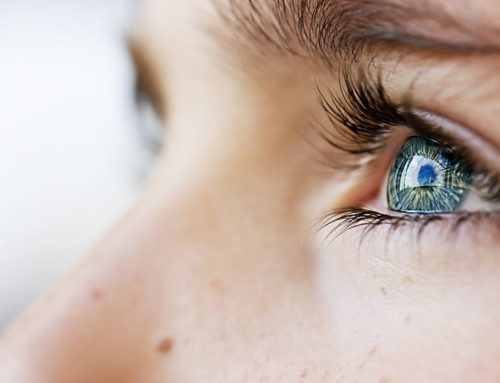Did You Know That Your Sunglasses Have an Expiration Date?
Why your favorite shades might not be protecting your eyes like you think?
We all love a good pair of sunglasses. They’re stylish, practical, and an essential part of sunny day adventures. But here’s something most people don’t realize: sunglasses have an expiration date.
Yes, really.
Over time, even the highest-quality sunglasses can lose their ability to block harmful UV rays. That means your go-to pair from a few summers ago may not be doing as much for your eye health as you think.
Let’s dig into why sunglasses have an expiration, how to tell when it’s time to replace them, and how to choose a pair that actually protects your eyes.
Why Do Sunglasses Expire?
It’s not about style or wear-and-tear (though scratches don’t help)—it’s about the UV protection coating on the lenses.
This invisible layer is what shields your eyes from harmful ultraviolet rays. But over time, that coating can break down due to:
- Sun exposure (ironically!)
- Heat and humidity
- Cleaning with harsh chemicals
- Physical damage like scratches
When this happens, your sunglasses may still look great, but they’re no longer blocking UV light effectively. That’s why experts say sunglasses have an expiration—even if you can’t see the damage with the naked eye.
Why Does UV Protection Matters?
Prolonged UV exposure can lead to several eye issues, including:
- Cataracts
- Macular degeneration
- Photokeratitis (sunburn of the eye)
- Growths on the eye, like pterygium
Wearing sunglasses that block 100% of UVA and UVB rays is one of the simplest ways to protect your vision. But if your lenses are past their prime, they could be doing more harm than good by giving you a false sense of protection.
How to Tell If Your Sunglasses Are Still Effective?
Unfortunately, you can’t just eyeball UV protection. That’s why it’s important to:
- Check the label: Only buy sunglasses labeled “100% UV protection” or “UV400.”
- Ask your optometrist: Some eye care clinics can test your lenses’ UV-blocking ability.
- Pay attention to age: If your sunglasses are 2+ years old and you wear them often, it’s worth checking their effectiveness.
- Avoid major scratches: Deep scratches can disrupt the UV coating and reduce protection.
Remember, the fact that they’re dark doesn’t mean they’re protective. Tint helps with glare—but without UV protection, your eyes could still be at risk.
When It’s Time to Replace Them?
So, how often should you replace your shades?
There’s no universal answer, but a good rule of thumb is every 2–3 years, especially if you wear them frequently or store them in hot places like your car’s dashboard.
When it comes to your vision, it’s better to be safe than sorry. Because yes—sunglasses have an expiration.
What to Look for in Your Next Pair?
When shopping for new sunglasses, here’s what to prioritize:
- ✅ 100% UVA/UVB protection
- ✅ Polarized lenses (for reduced glare)
- ✅ Scratch-resistant coating
- ✅ Durable frame for long-term use
- ✅ Trusted brand or certified UV rating
Bonus tip: Go for larger frames or wraparound styles for extra protection from side-angle sun.
Final Thoughts
It’s easy to think of sunglasses as a fashion statement—and they definitely are! But they’re also an important tool for long-term eye health. Understanding that sunglasses have an expiration can help you make smarter choices and keep your vision protected for years to come.
So, the next time you grab your favorite pair of sunnies, ask yourself: are they still doing their job? If not, it might be time for an upgrade.




